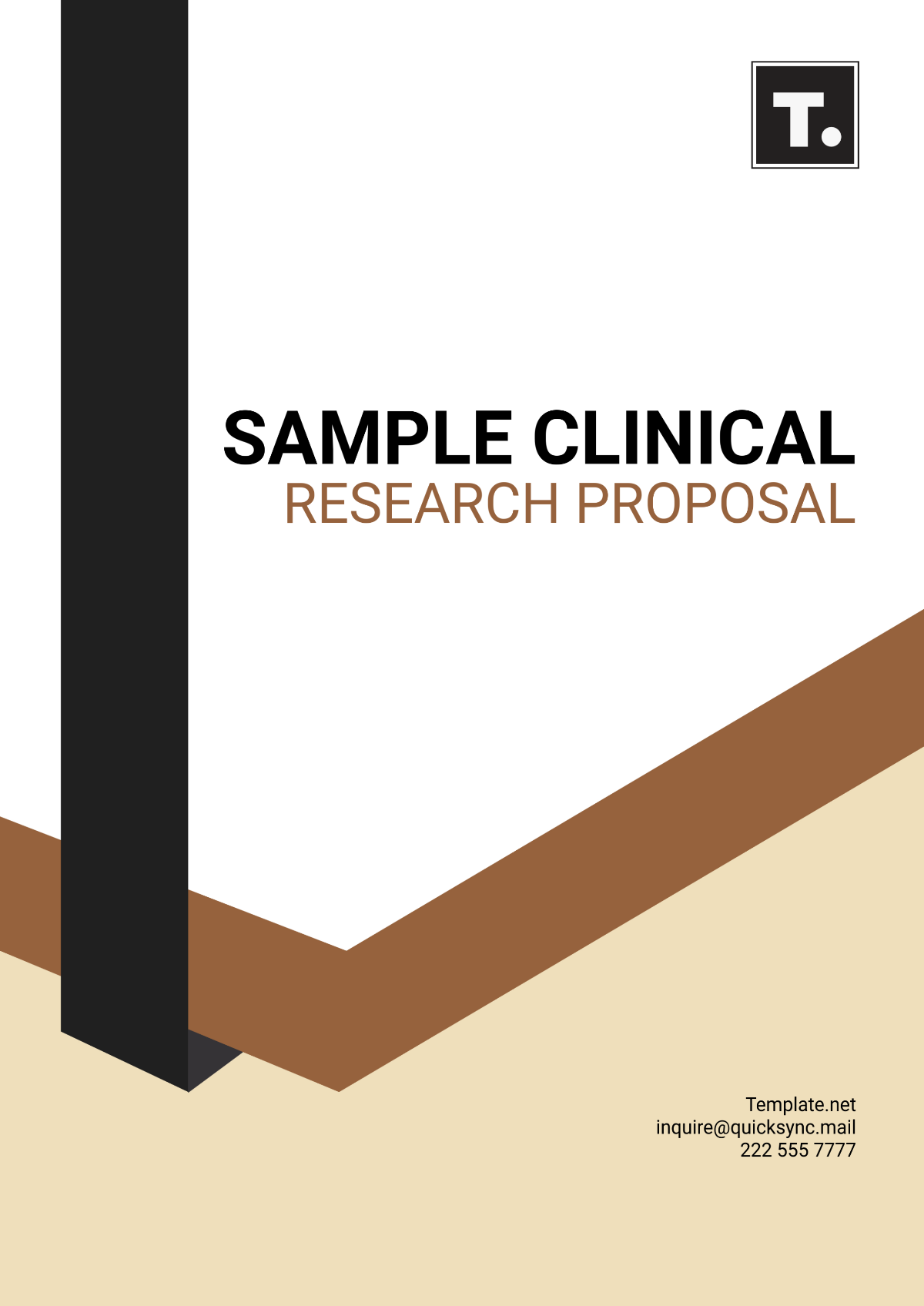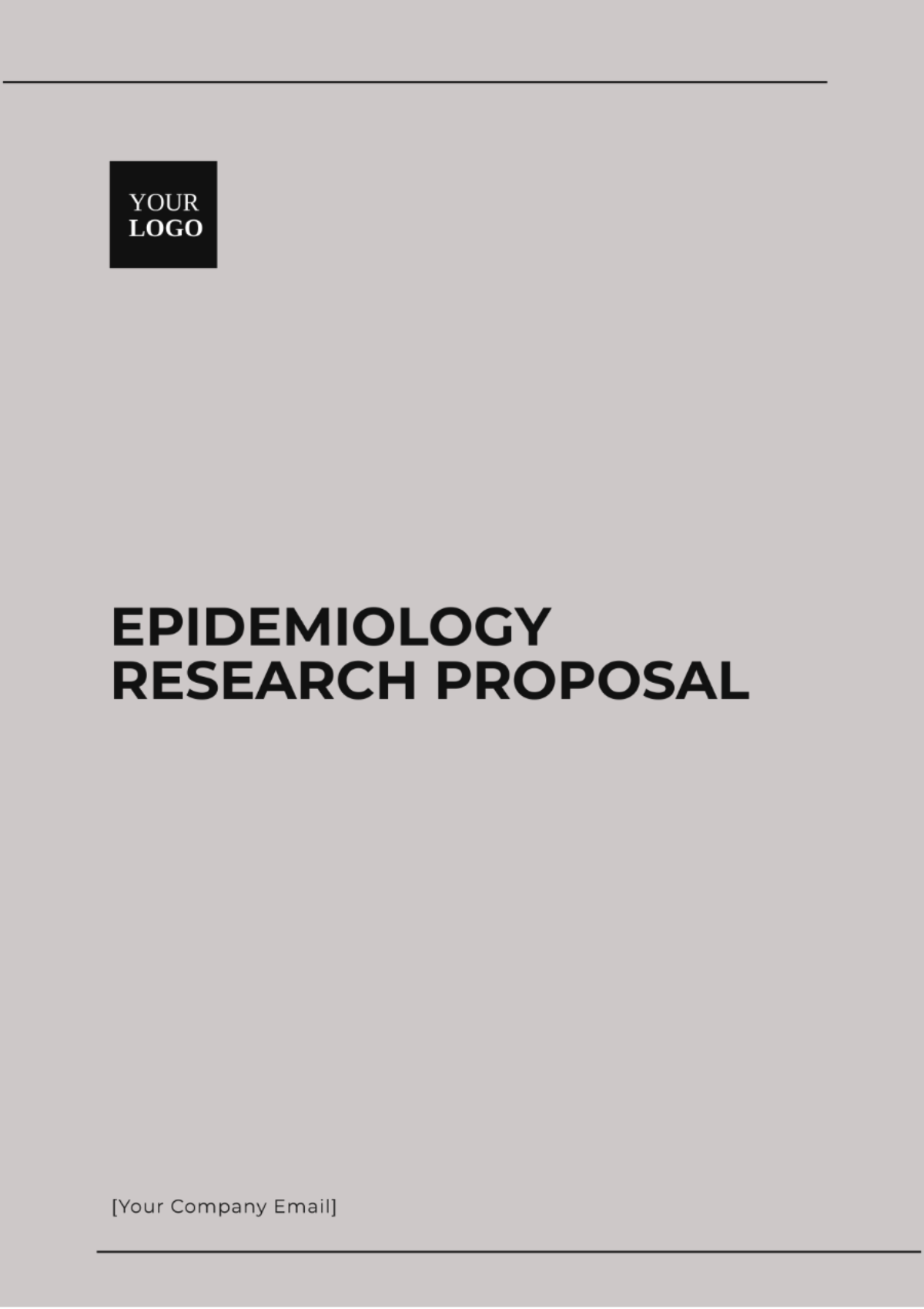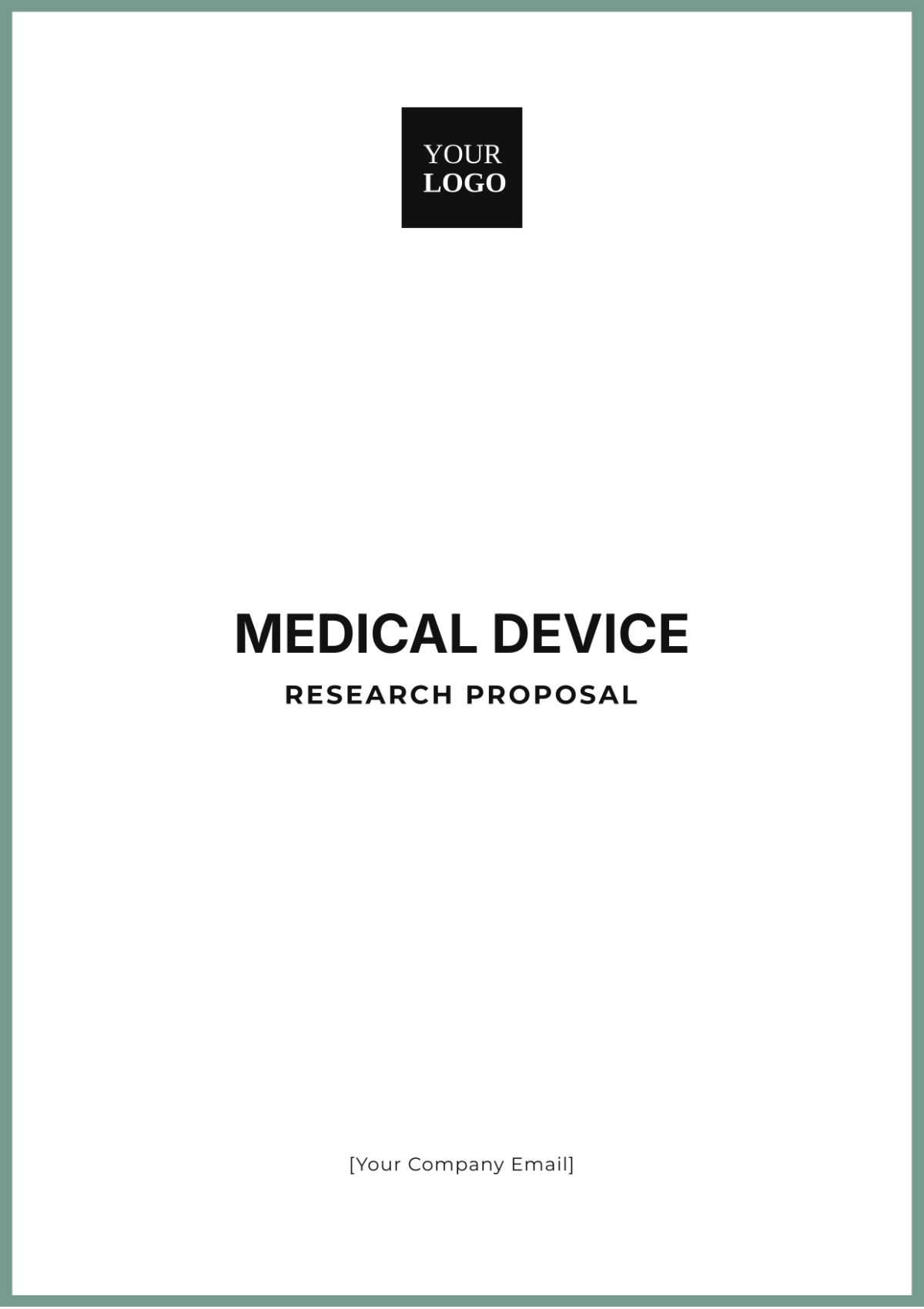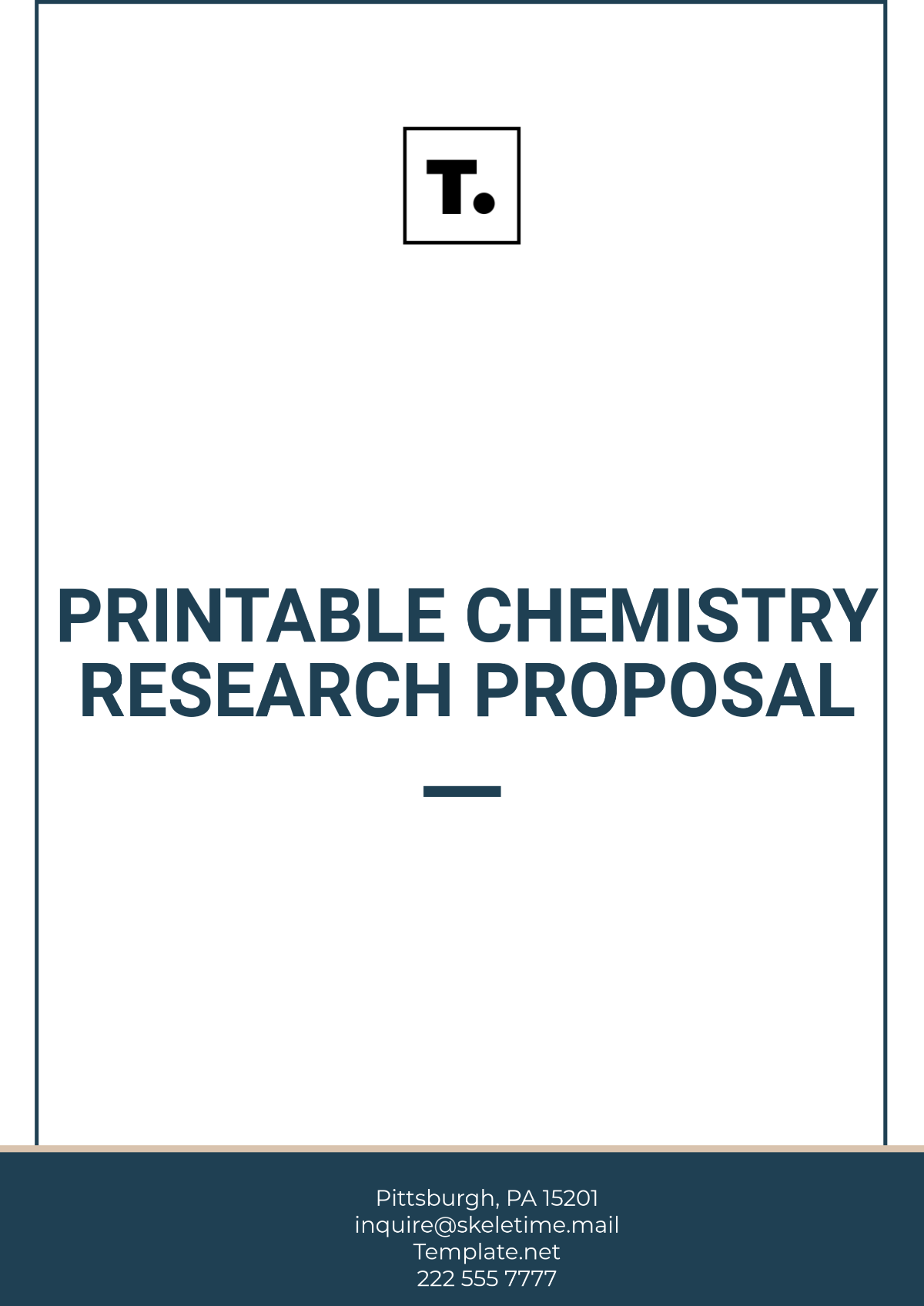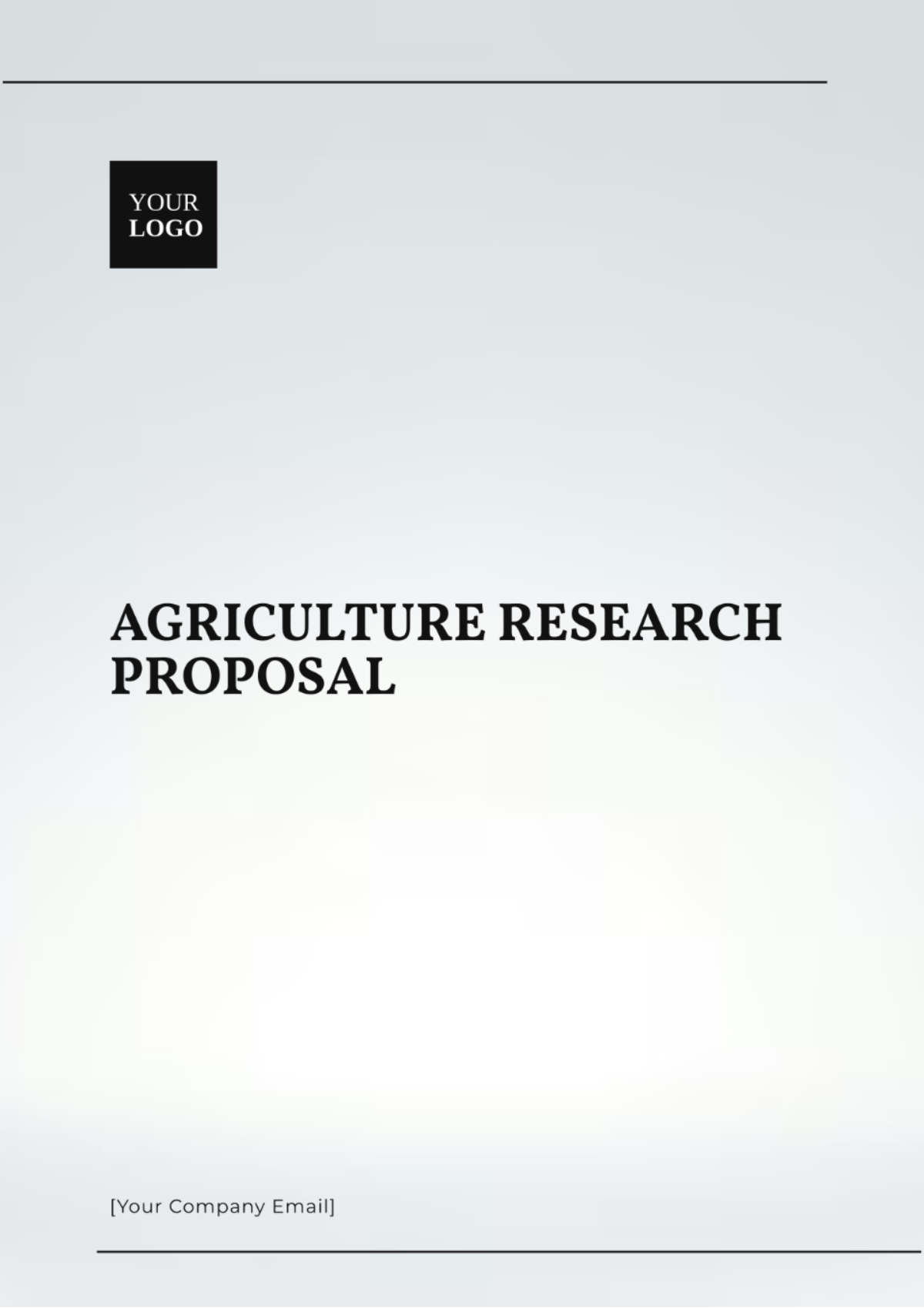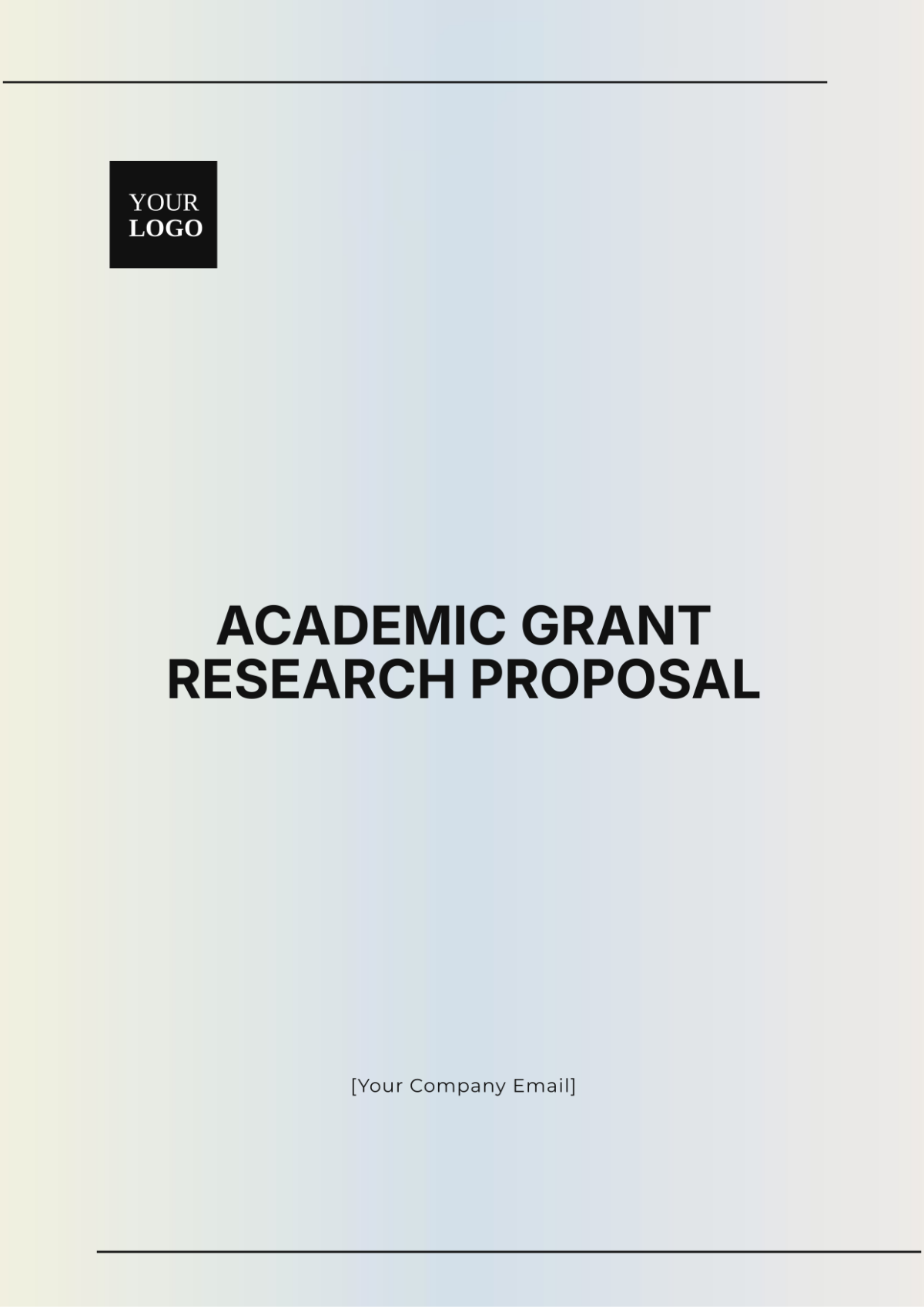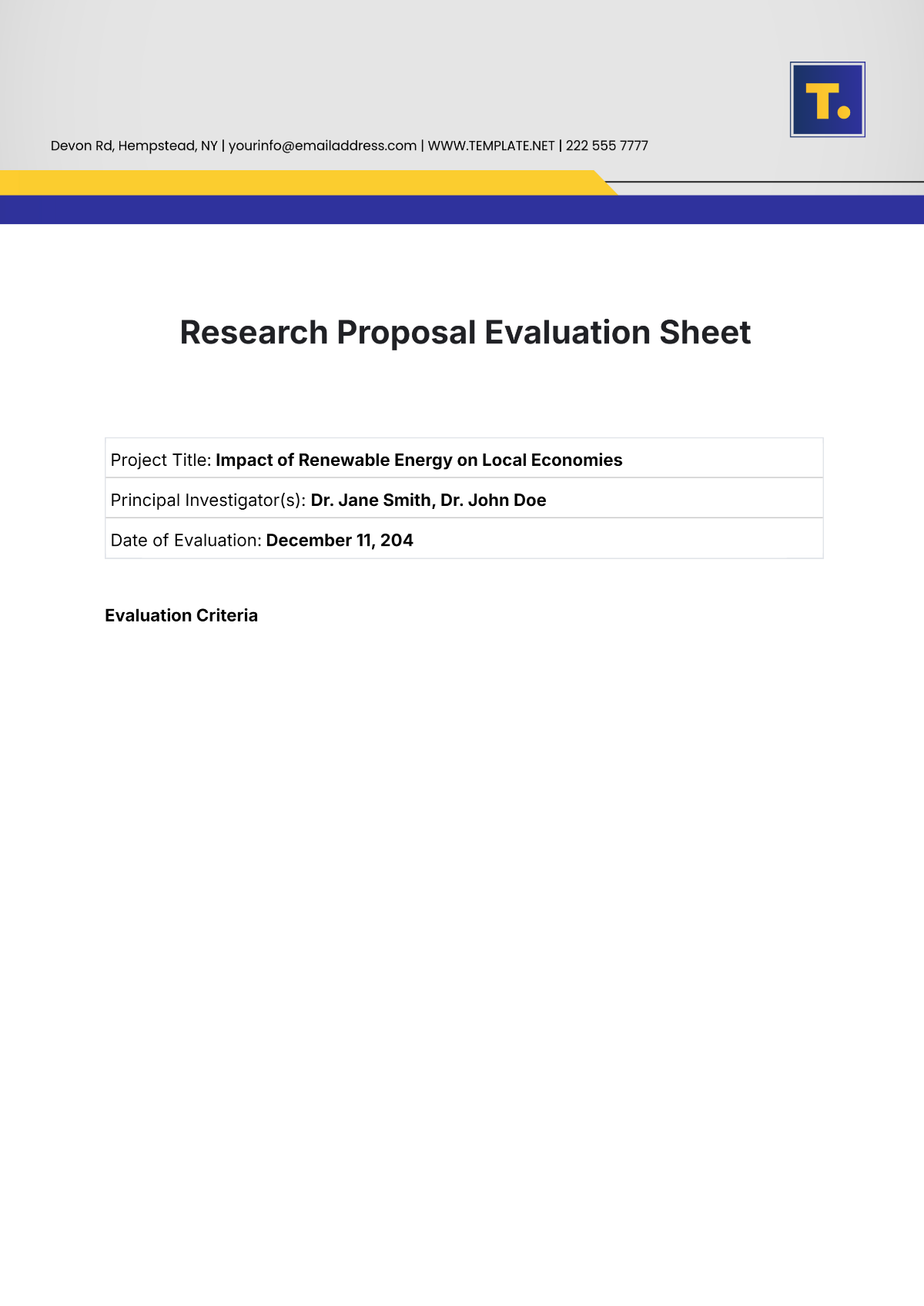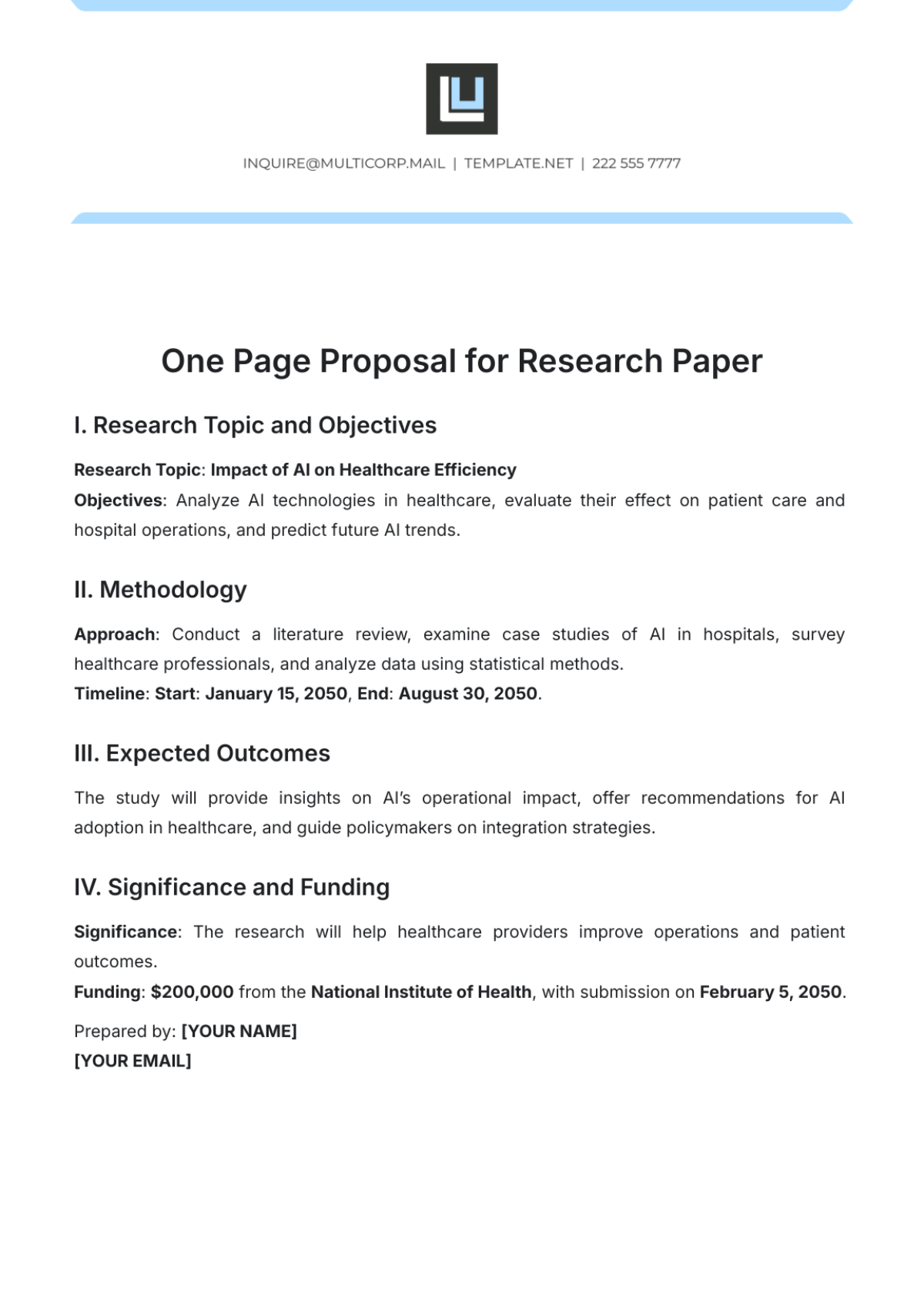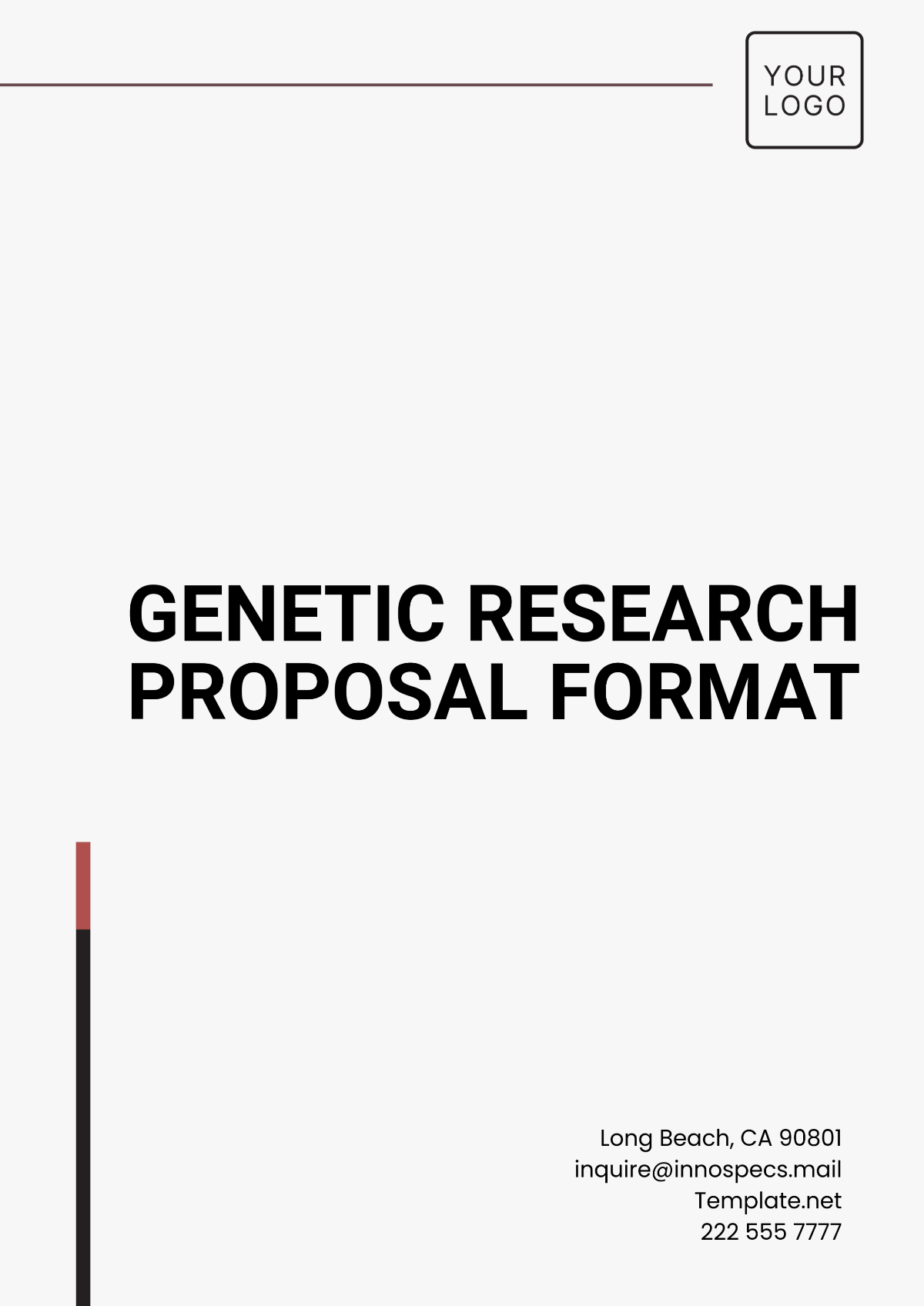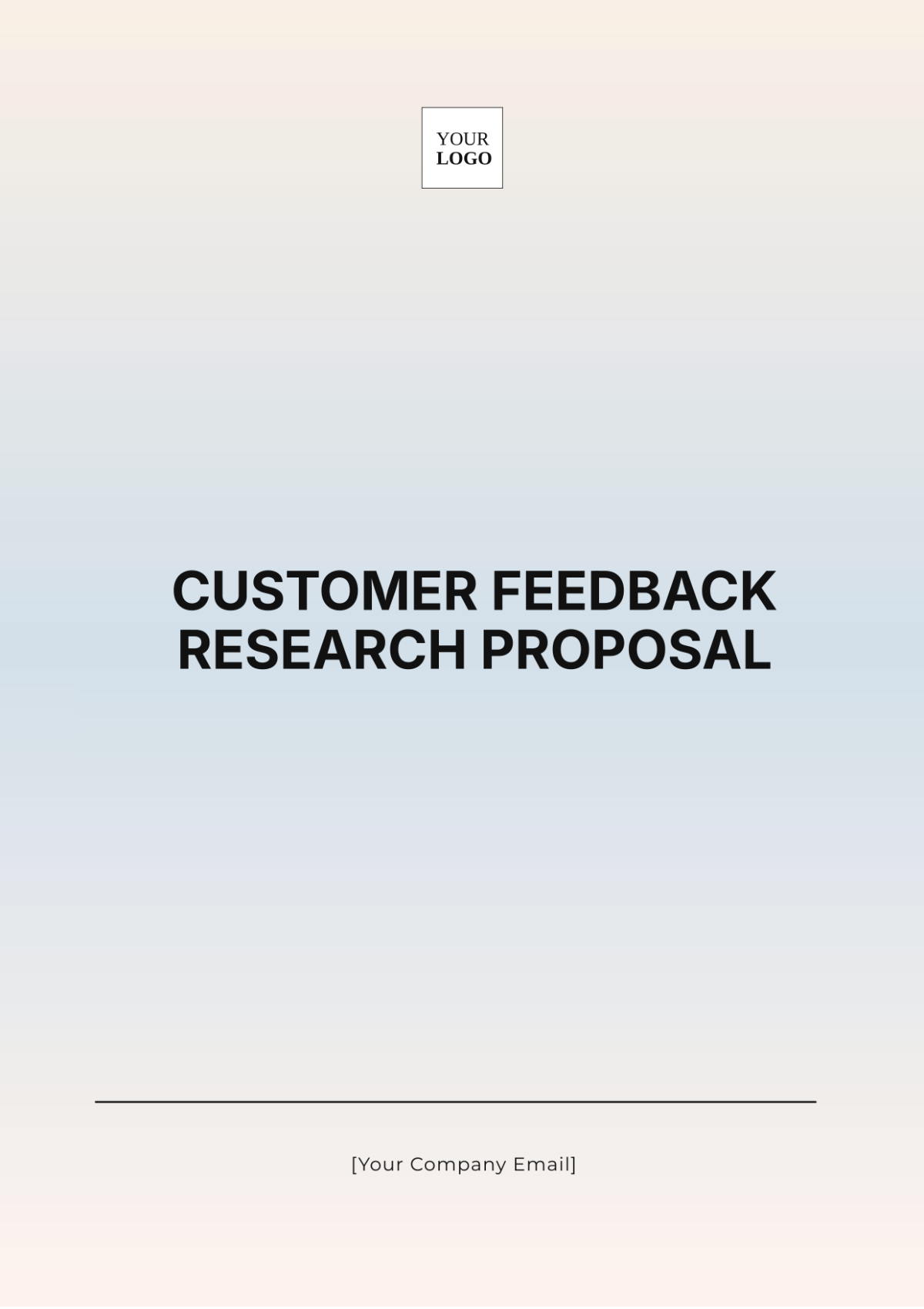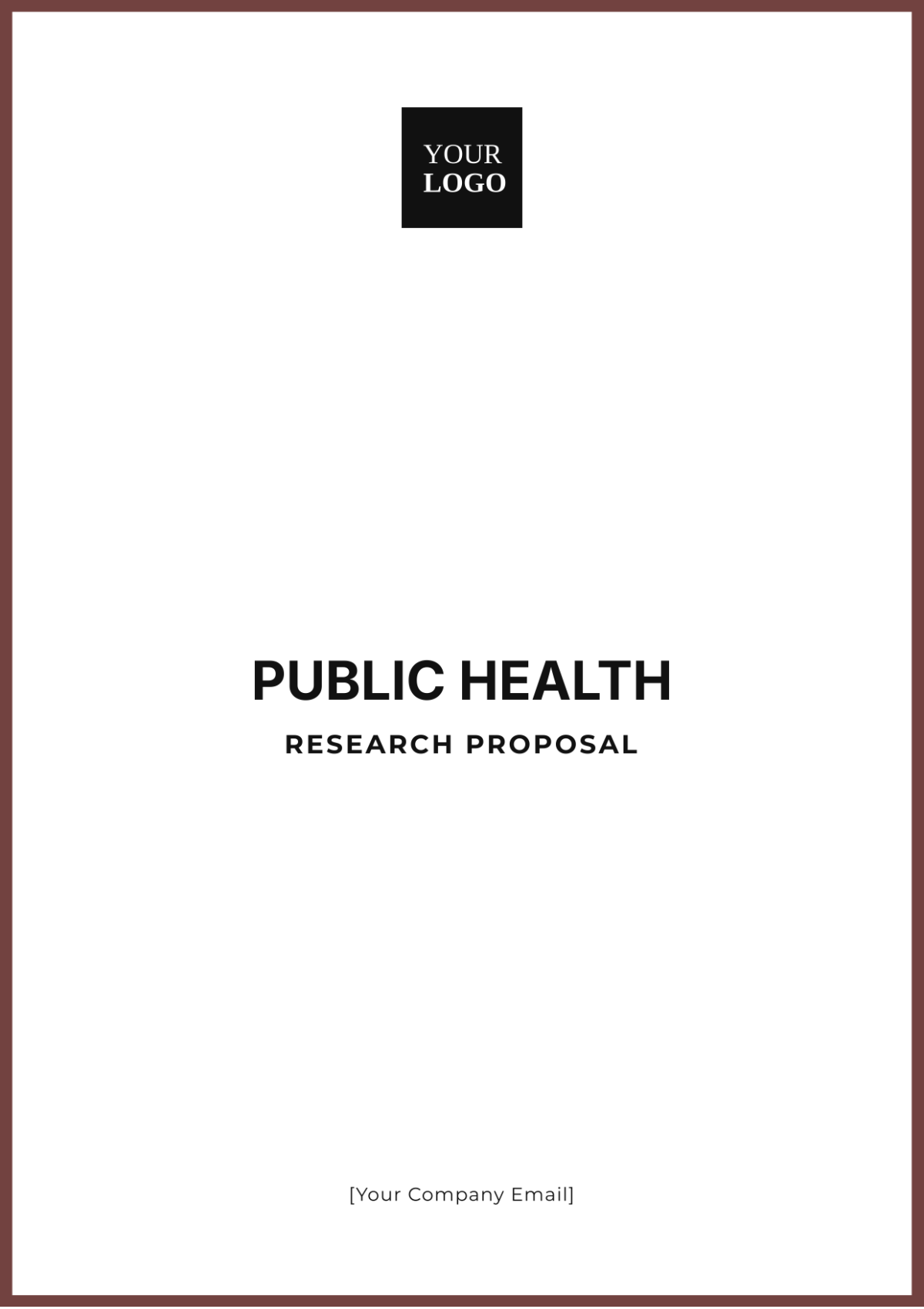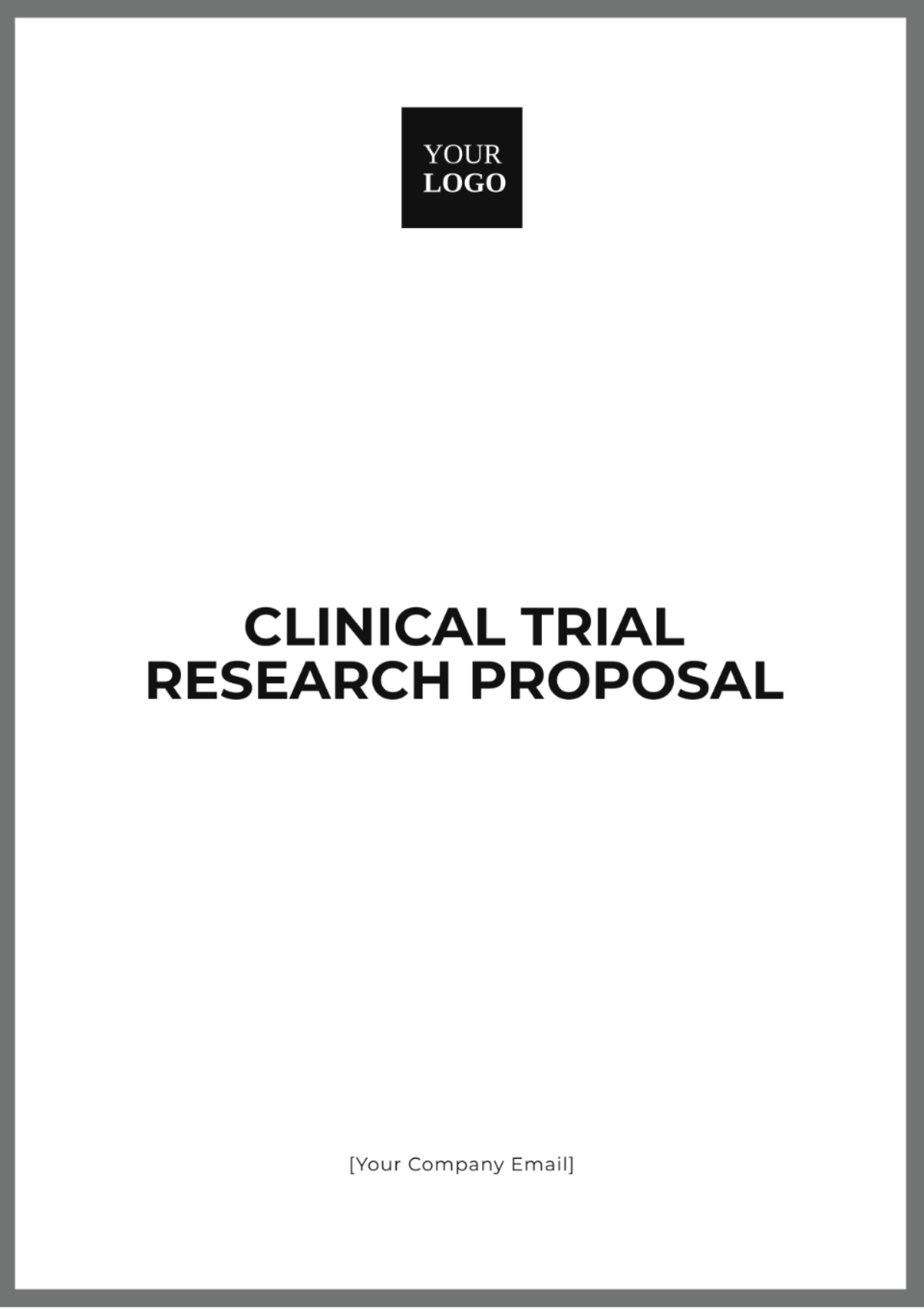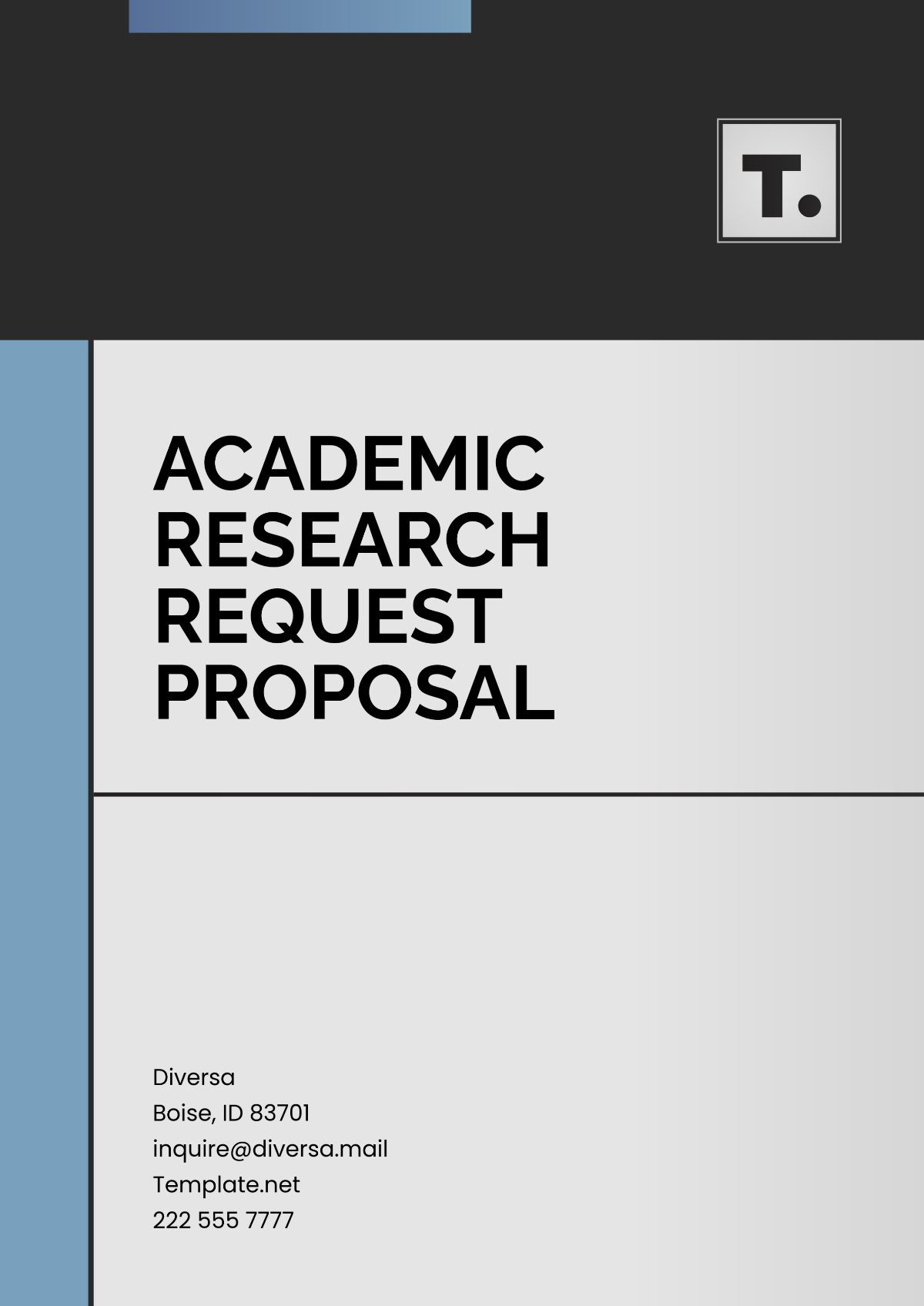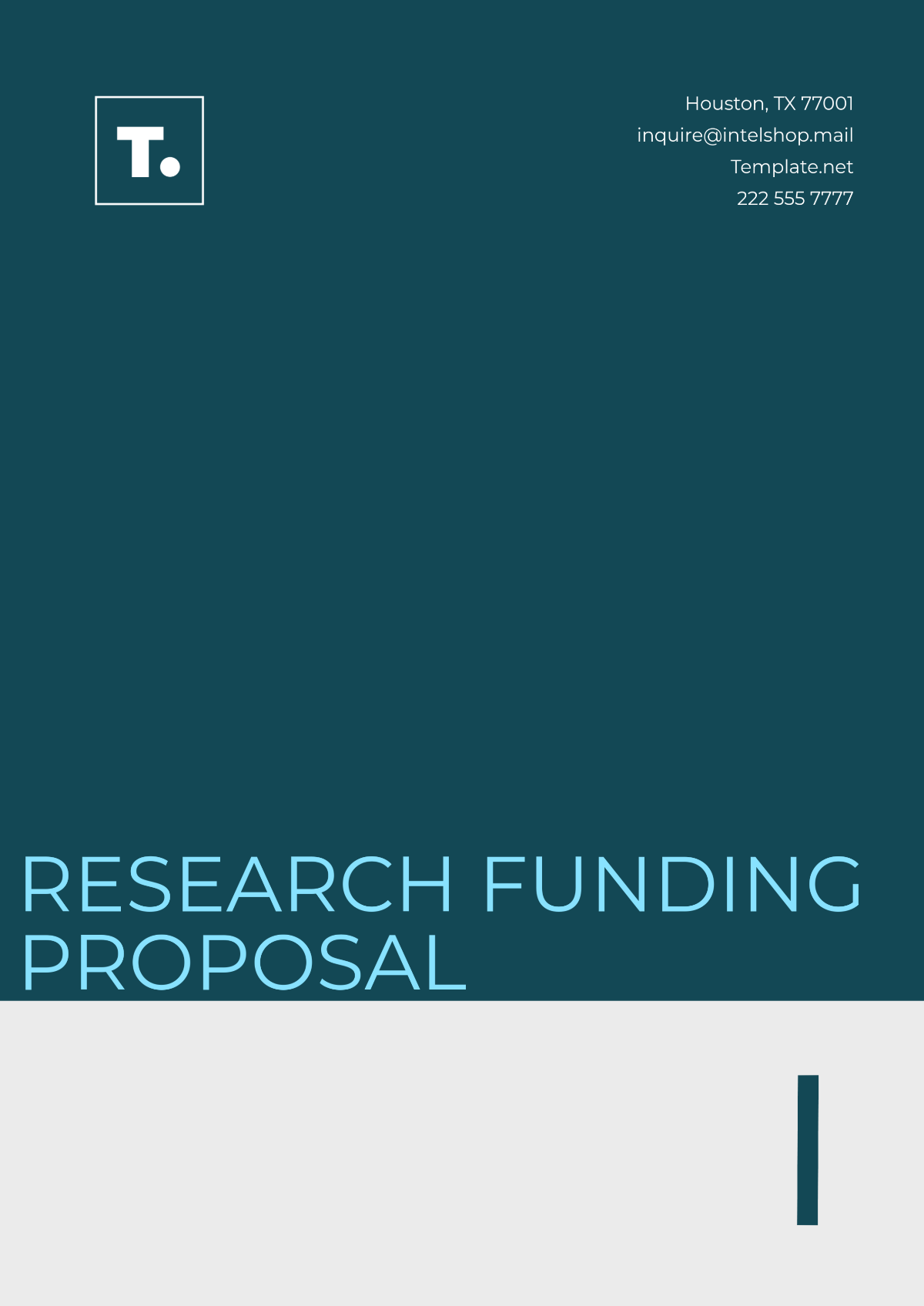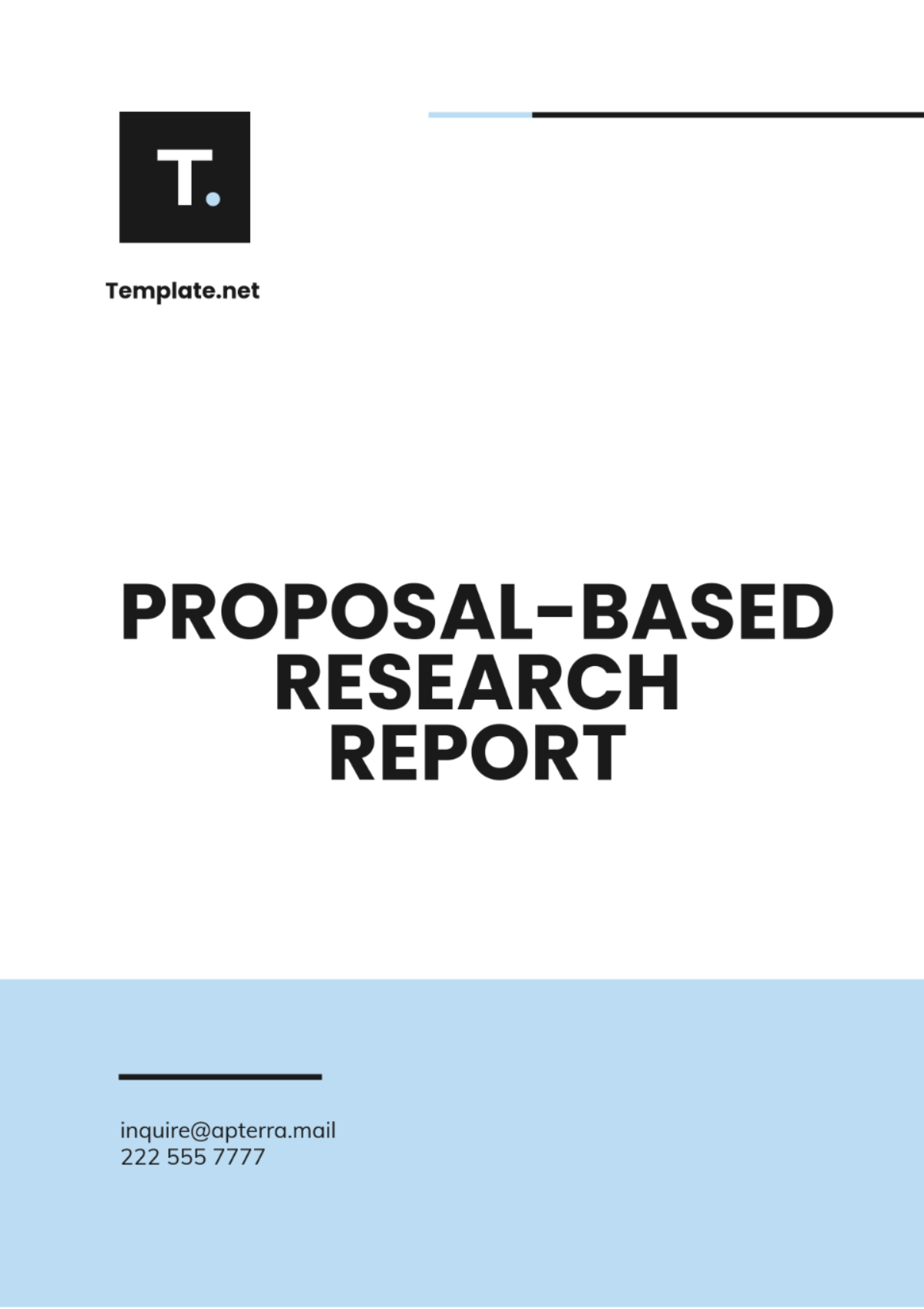Genetic Research Proposal Format
Title: "Investigating the Role of Genetic Mutations in Hereditary Cancer Syndromes"
Prepared By: [YOUR NAME]
Date: [DATE]
I. Abstract
This research proposal aims to explore the genetic mutations associated with hereditary cancer syndromes, specifically focusing on genes involved in the predisposition to breast, ovarian, and colon cancers. The study will analyze DNA samples from affected individuals and their families to identify specific genetic markers. The findings could lead to improved diagnostic techniques and targeted therapies.
II. Introduction
A. Background
Hereditary cancer syndromes account for a significant proportion of cancer cases, with individuals inheriting genetic mutations that predispose them to various types of cancer. Understanding these mutations at the genetic level is crucial for early detection and prevention.
B. Research Question
This study seeks to identify and characterize genetic mutations associated with hereditary breast, ovarian, and colon cancers.
III. Objectives/Goals
A. Primary Goal
To identify specific genetic mutations that contribute to hereditary cancer syndromes in high-risk families.
B. Secondary Goals
To analyze the frequency of mutations in known cancer-related genes.
To evaluate the impact of these mutations on cancer development and progression.
IV. Literature Review
A. Previous Studies
Several studies have focused on the identification of BRCA1 and BRCA2 mutations in breast and ovarian cancer, as well as mutations in the APC gene related to colon cancer. However, many hereditary cancer syndromes remain unexplored.
B. Gaps in Knowledge
Current research primarily concentrates on a limited number of genes, leaving many potential markers uninvestigated. This research aims to address these gaps by examining a broader set of genetic markers associated with cancer syndromes.
V. Research Methodology
A. Study Design
This study will adopt a cohort-based design, analyzing genetic data from 100 families with a history of breast, ovarian, or colon cancer.
B. Sample Collection
DNA samples will be collected from participants, including affected individuals and family members without cancer, to compare genetic variations.
C. Data Analysis
Advanced genetic sequencing techniques, such as whole-exome sequencing, will be employed to identify mutations. Bioinformatics tools will be used to analyze and interpret genetic data.
VI. Expected Results
We anticipate identifying novel genetic mutations that may be linked to hereditary cancer syndromes. These findings could contribute to a better understanding of the genetic factors influencing cancer risk and aid in developing personalized treatment options.
VII. Budget
Category | Amount |
|---|---|
Genetic Sequencing | $120,000 |
Personnel | $80,000 |
Equipment and Materials | $30,000 |
Miscellaneous Expenses | $20,000 |
Total Budget | $250,000 |
VIII. Timeline
Phase 1: Initial Research and Sample Collection (Months 1-6)
Collect DNA samples from participants and begin initial genetic screenings.
Phase 2: Data Analysis and Interpretation (Months 7-12)
Analyze sequencing data and identify potential genetic mutations.
Phase 3: Report Writing and Publication (Months 13-18)
Finalize results, prepare reports, and submit findings for publication.
IX. Conclusion
This research will provide valuable insights into the genetic underpinnings of hereditary cancer syndromes, potentially leading to better diagnostic tools and personalized treatments for affected individuals. The findings will have significant implications for the genetic counseling field and cancer prevention strategies.
X. References
Smith, J., & Doe, A. (2051). Hereditary Cancer Syndromes: A Review of Genetic Mutations. Journal of Medical Genetics, 57(3), 203-211.
Brown, L., et al. (2050). Advances in Genetic Testing for Hereditary Breast Cancer. Cancer Research, 74(5), 1241-1247.
